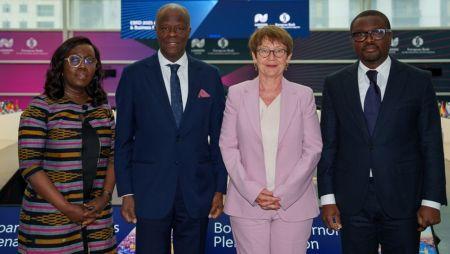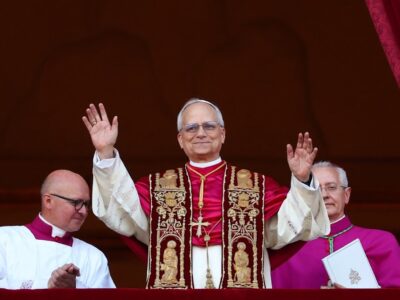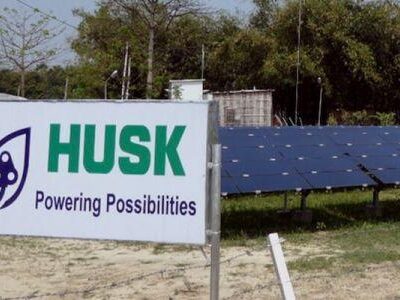
-
EBRD confers beneficiary status to Benin, Côte d’Ivoire, and Nigeria under its regional expansion
-
These countries gain access to EBRD financing, private sector support, and investment tools
-
Ghana, Kenya, and Senegal are expected to follow pending completion of accession processes
The European Bank for Reconstruction and Development (EBRD) has granted beneficiary country status to Benin, Côte d’Ivoire, and Nigeria, extending its operational reach into Sub-Saharan Africa. This move follows a modification of the Bank’s statutes approved in May 2023, allowing its activities to cover select Sub-Saharan countries and Iraq. In total, six countries in the region are expected to benefit from EBRD financing.
On Thursday, May 15, 2025, the Bank announced that its shareholders had approved eligibility for financing for Benin, Côte d’Ivoire, and Nigeria. “This status will take effect when the requisite amendment to the Bank’s founding treaty enters into force in July 2025. The Bank will launch its investments in these three countries shortly thereafter,” stated the EBRD in a press release published at the close of its 34th annual Assembly held in London.
“The EBRD will bring its unique enterprise model, which is private sector–focused and locally based, to unlock access to financing, promote local businesses, and foster sustainable, long-term growth—thereby contributing to the transformation of these three economies,” the Bank added.
The decision builds on a resolution passed in May 2023 by the EBRD Board of Governors, approving a “limited” and “gradual” expansion of its geographic mandate to include parts of Sub-Saharan Africa and Iraq.
“We are thrilled to welcome Benin, Côte d’Ivoire, and Nigeria as operation countries today. We look forward to rapidly launching our operations in these countries and establishing official representations,” said EBRD President Odile Renaud-Basso, as quoted in the release.
Three other African countries, Ghana, Kenya, and Senegal, are also expected to receive beneficiary status upon completion of their accession procedures.
The EBRD was founded in 1990 to assist former Eastern Bloc countries in transitioning to market economies. It later expanded its operations to Central Asia and the Southern and Eastern Mediterranean. The institution has 75 national shareholders, including the European Union (EU) and the European Investment Bank (EIB), and has invested over 200 billion euros (about $223.72 billion) since its inception.










Comments